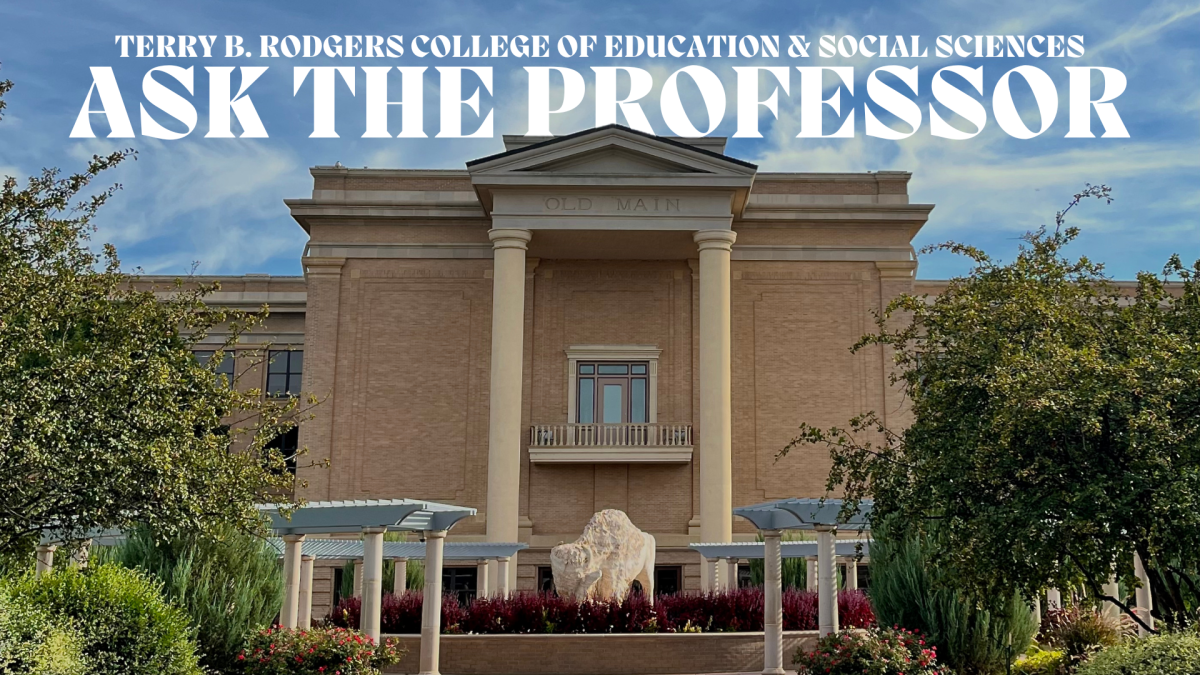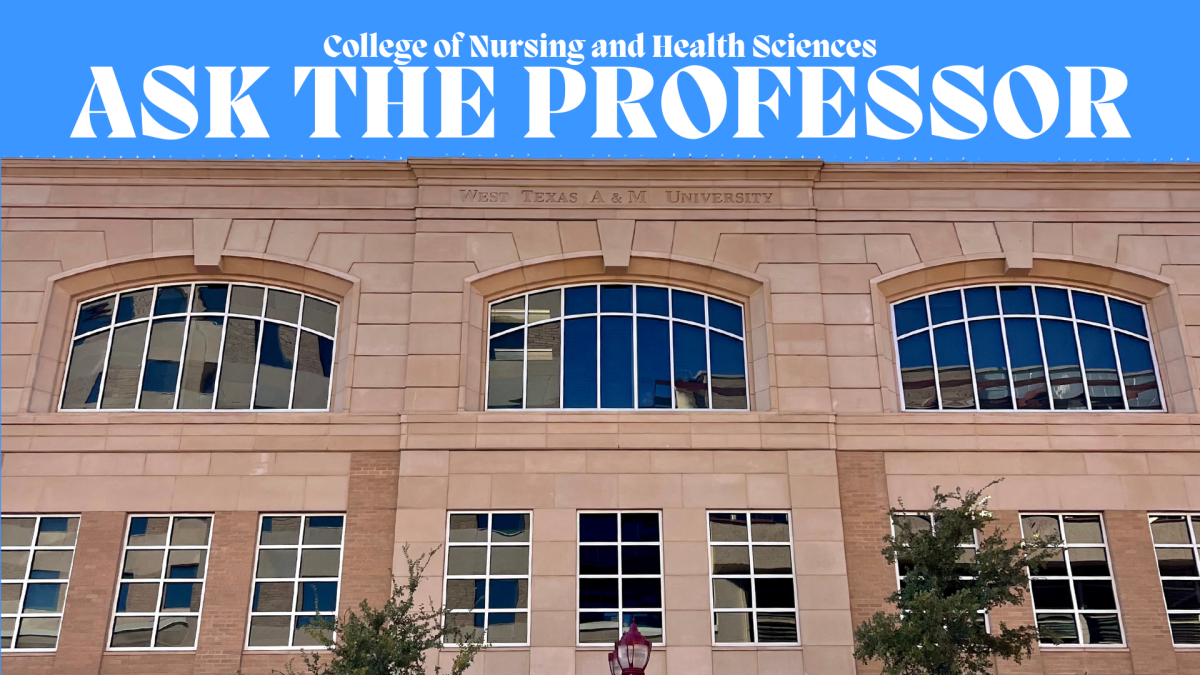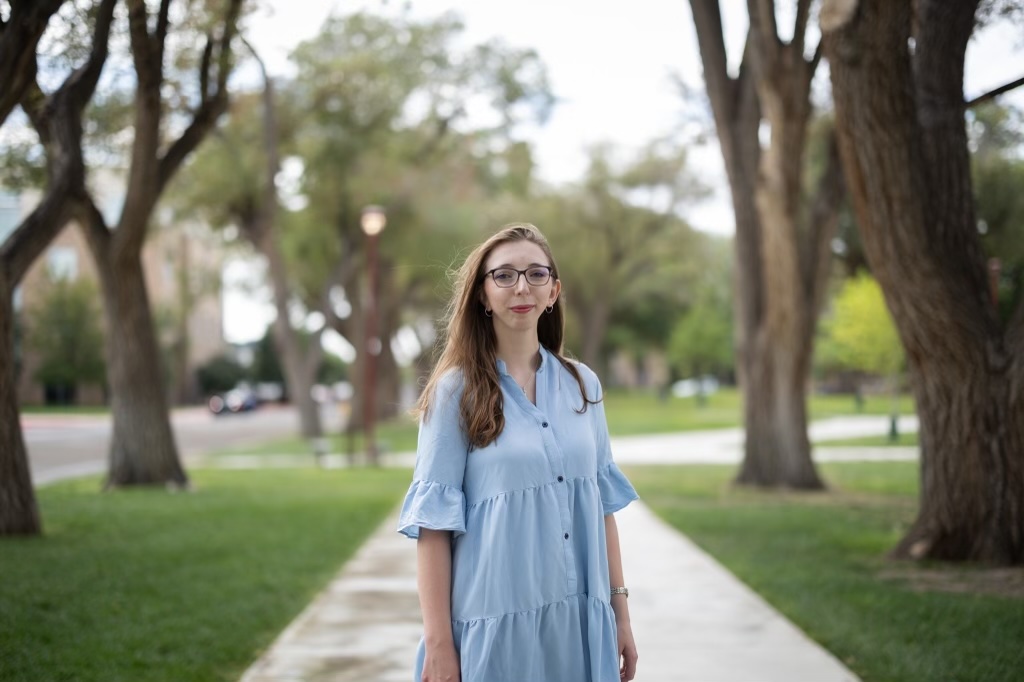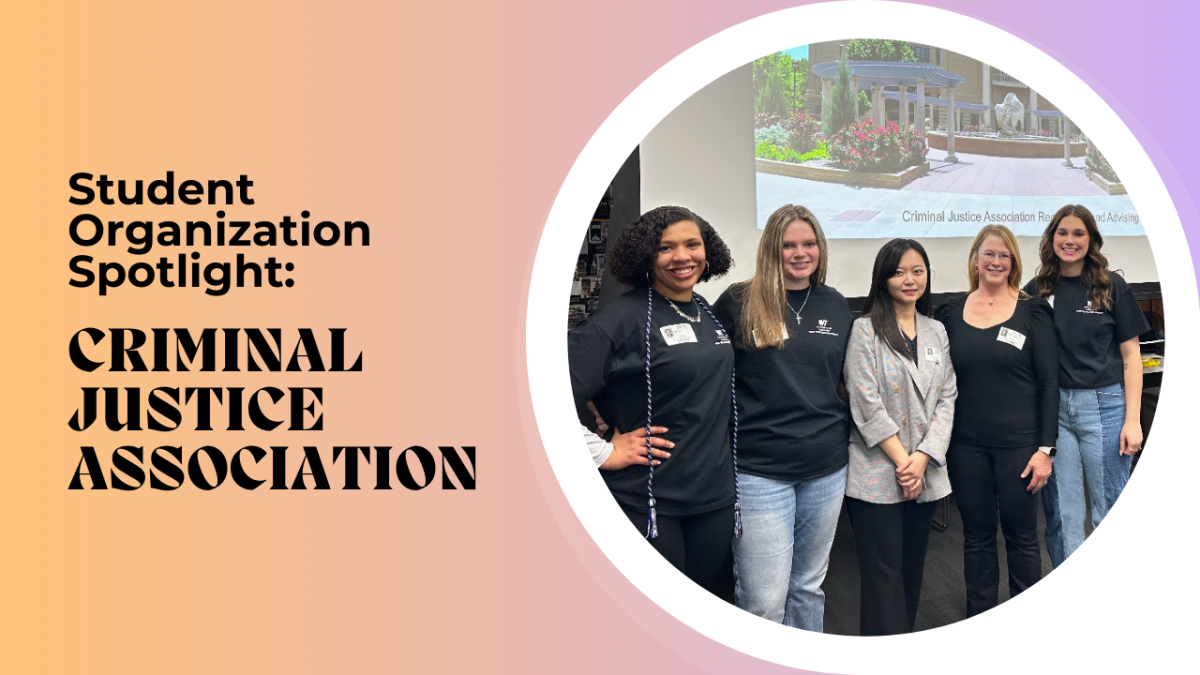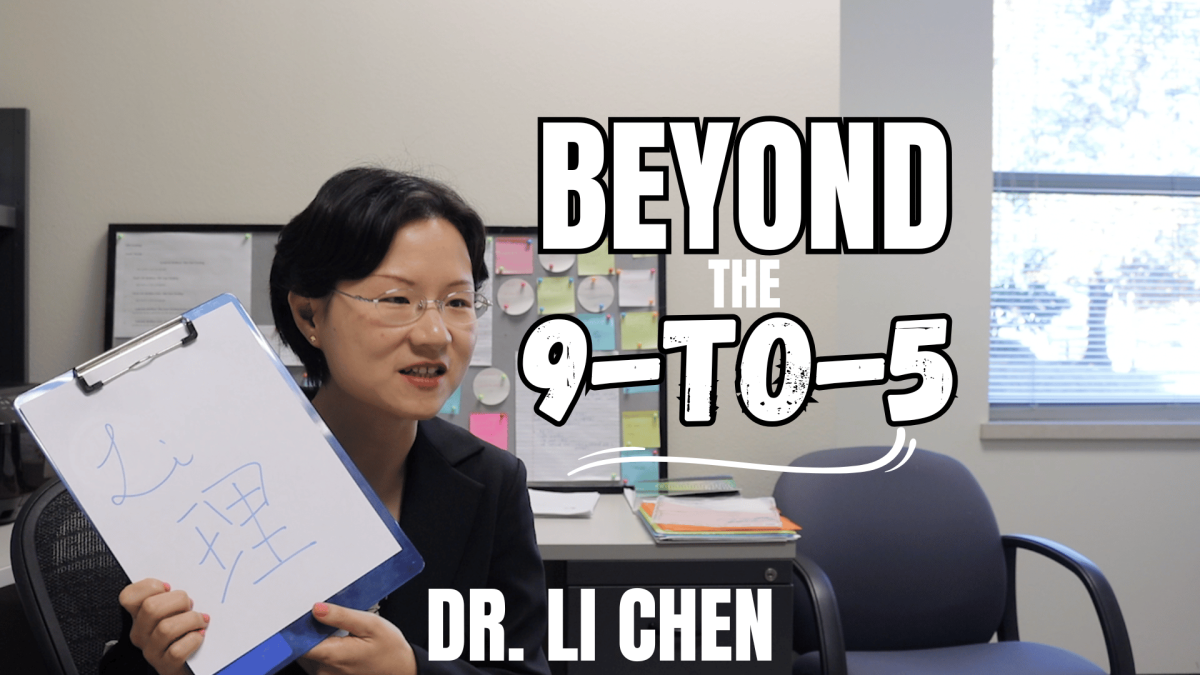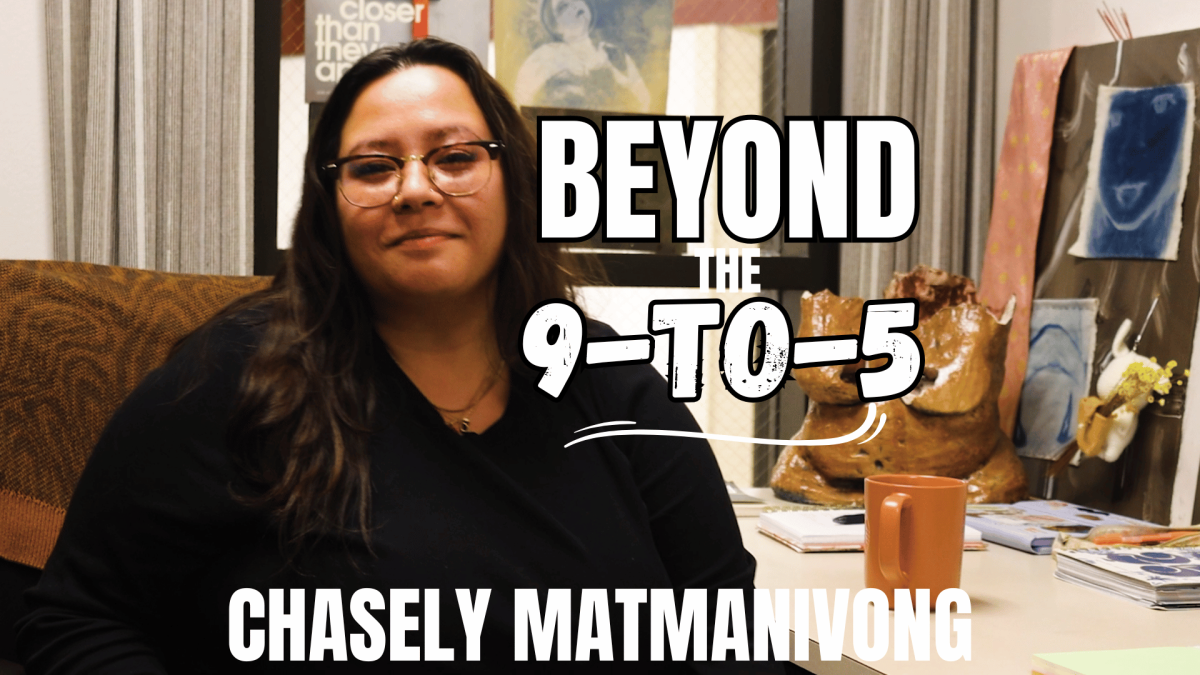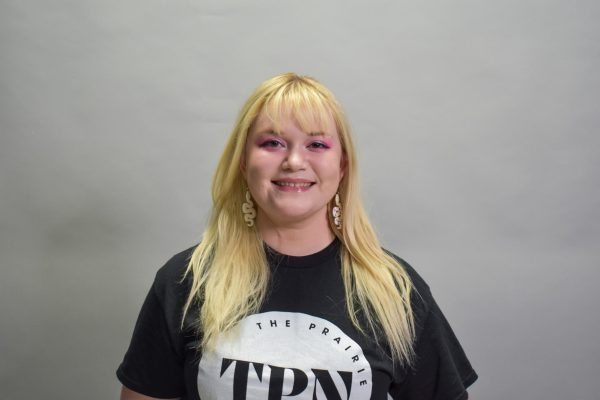Dr. Nicole M. Butkovich Kraus is an assistant professor of sociology at the Terry B. Rogers College of Education and Social Sciences. Dr. Kraus teaches a variety of sociology courses, and her research specialties include social theory, race, class and gender.
Dr. Kraus did part of her research for her dissertation on xenophobia in the Russian Federation in-person in Moscow.
“When you’re analyzing something in terms of xenophobia, we usually think of xenophobia as kind of this negative feeling toward outgroups,” Dr. Kraus said. “But it’s a little fuzzy and a little vague, and so I made a distinction between feelings of hostility versus feelings of fear. And I found some interesting things, which is that there were significant differences in terms of age, so very young people and very old people were the ones who were the most likely to be xenophobic.”
Dr. Kraus is also interested in studying nationalism. This interest was partially sparked by a change in the national origin of Dr. Kraus’ name.
“My last name growing up was Butkovich, which is Croatian – part of the former Yugoslavia,” Dr. Kraus said. “I was always told as a kid like – yeah, our family is Yugoslav. And then, all of a sudden, one day our family was Croatian. And I was like, what? How does that work? So, I do also have a big interest in nationalism and sort of how does that work. Your national identity and the fact that those things are fluid, and they change over time.”
Dr. Kraus is currently part of a research project interviewing educators who work with refugees to identify where the education system needs help.
“A refugee is different than an immigrant,” Dr. Kraus said. “Sometimes they’ve been through a lot of trauma. Sometimes, they’re from really disparate places. How on earth does an educator deal with that?”
As a sociology educator, Dr. Kraus acknowledged some concerns about the future of her field.
“My biggest concern isn’t even self-preservation,” Dr. Kraus said. “I think I’m old enough at this point in my life that I think it’s important for me to take a principled stance in defense of students and learning. You need exposure to these things; you need to be able to think critically and for yourself. There’s no reason to hide information and knowledge from anybody.”
Dr. Kraus said that the best sociology students are curious.
“They also often have a passion about something,” Dr. Kraus said. “So, there’s something that’s been needling them or that they’re wondering about or that they’re trying to figure out. And I try hard to facilitate growth in that direction, too, right?”
Dr. Kraus says communication is the key to educational success.
“Don’t be afraid to come to office hours, or to talk, or if you need to do something after class,” Dr. Kraus said. “Don’t be afraid to talk to professors and let them know if you’re struggling with something. Or if you fail, everybody fails, right? So, if you fail at something, it doesn’t mean that’s the end of the whole class.”




